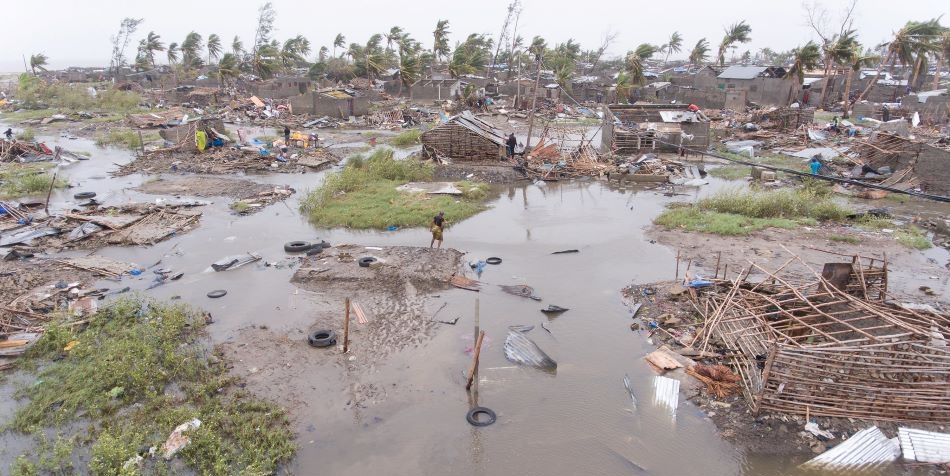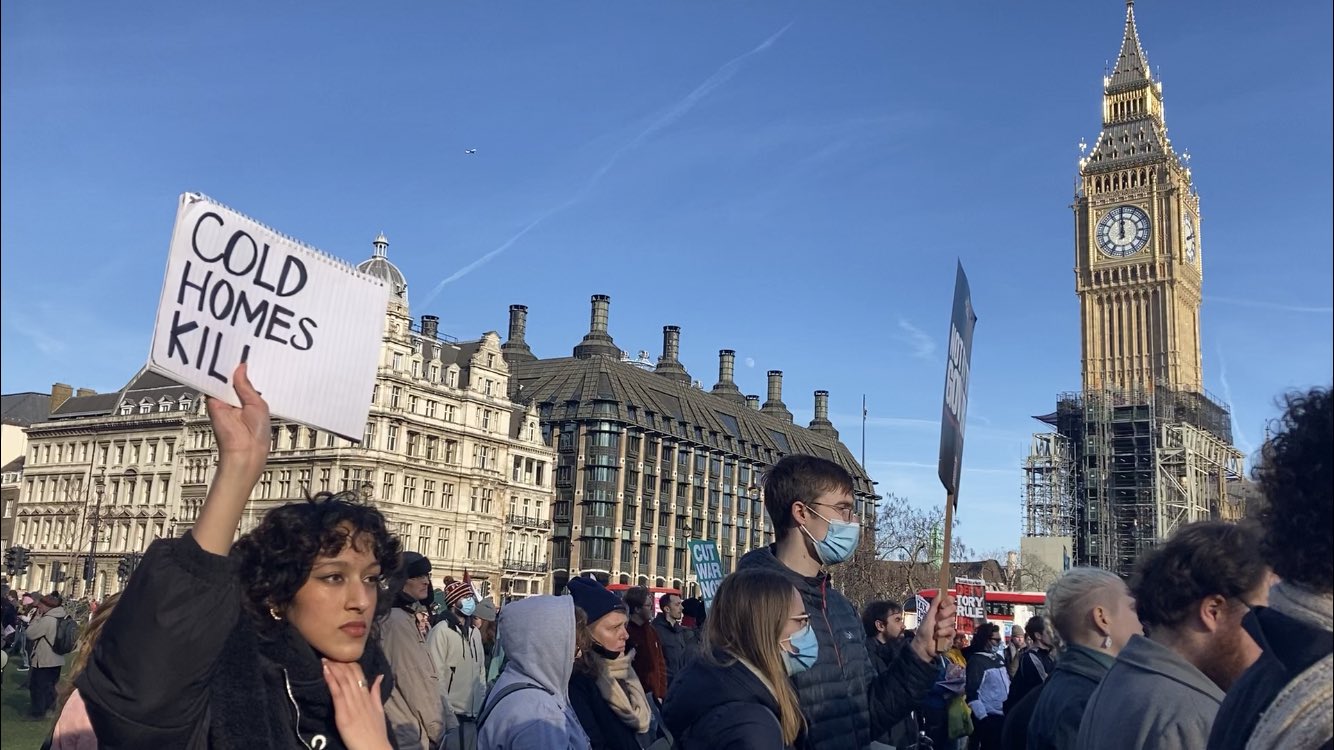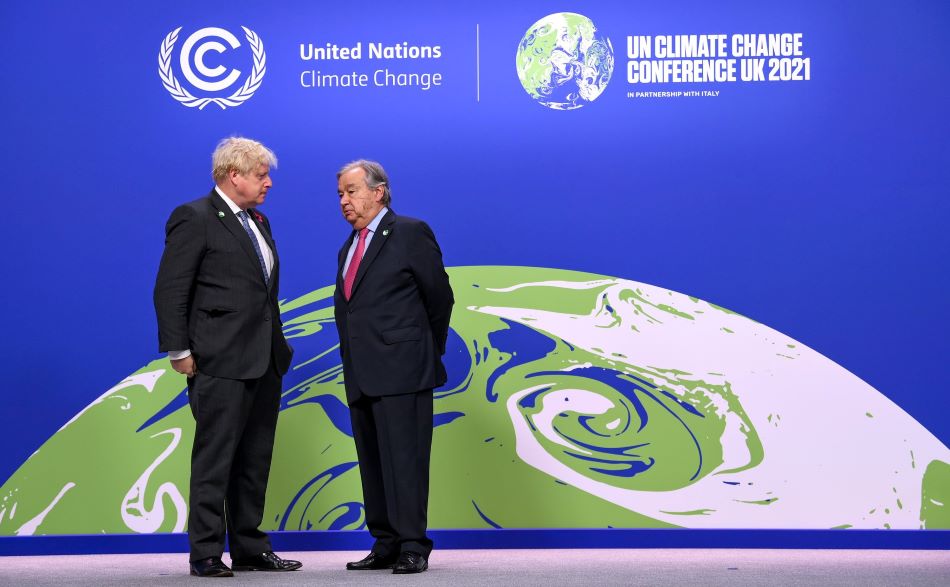'An atlas of human suffering': the latest IPCC report
Submitted by Claire on Wed, 2022-03-09 16:03
The scientists of the IPCC (the UN Intergovernmental Panel on Climate Change) have just published their latest report, on the damage that climate breakdown is causing to humans and ecosystems. They warn that the time left to act is running out.
There could hardly be a worse time for the messages in this report to catch public attention while all eys are on bombed Ukrainian cities and fleeing refugees.
Even for those of us who think we have a good understanding of the dangers of climate change, this report is important, setting out starkly the peril we are in.
Antonio Guterres, UN Secretary General, spoke out at the report's launch:
"I have seen many scientific reports in my time, but nothing like this. Today's IPCC report is an atlas of human suffering and a damning indictment of failed leadership."
"The facts are undeniable. This abdication of leadership is criminal. The world's biggest polluters are guilty of arson of our only home.
But according to current commitments, global emissions are set to increase almost 14 per cent over the current decade. That spells catastrophe. It will destroy any chance of keeping 1.5 alive."
So, what does the report say?
The key messages are below, taken from the 36 page Summary for Policymakers and the IPCC's Frequently Asked Questions, which is aimed at the general public. You can also read chapters of the full report, and there's a useful in depth Q&A on the report from Carbon Brief.
The world's most eminent scientists and academics in these fields - cautious, fact-checking, balancing evidence - are backing up what climate justice advocates have known and have been saying for years.
We're running out of time
There is more than a 50% chance that even in the most optimistic scenarios for cutting emissions, global average temperatures will soon rise by 1.5°C or more (compared to temperatures before humans started burning fossil fuels for energy).
If the planet heats up by more than 1.5C, impacts such as wildfires, mass mortality of trees, drying of peatlands, and thawing of permafrost are likely to release additional greenhouse gases, making it even more difficult to lower global temperatures again. Some impacts will be irreversible.
How bad things get depends on what we do now and in the immediate future to cut emissions. It also depends on adaptation - taking action to protect people and ecosystems from risks which are now unavoidable (such as higher sea levels). With every fraction of a degree of global warming the risks and related losses and damages escalate.
Climate change impacts are more severe than estimated in previous IPCC assessments. The last time the IPCC reported on impacts and adaptation was back in 2014, and since then there is more evidence on the harms that climate change is already causing.
Climate change is hurting people now - especially in the Global South
Approximately 3.3 to 3.6 billion people live in contexts that are highly vulnerable to climate change
Climate change is contributing to humanitarian crises. Climate and weather extremes are increasingly driving people to leave their homes, with small island states disproportionately affected.




